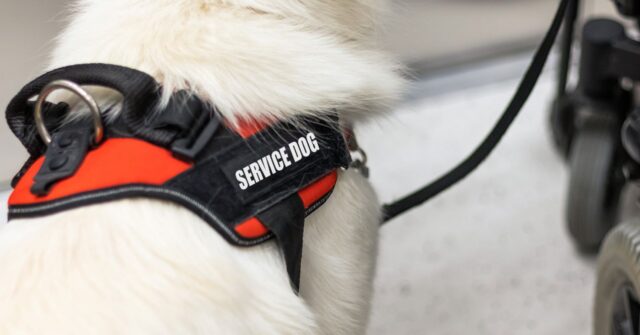When your dog bites someone, it’s crucial to act quickly and responsibly. Not only is this important for the safety of all involved, but it also helps manage the legal implications that might follow.
Here’s a step-by-step guide to handling the situation with care and due diligence.
Immediate Response to a Dog Bite Incident
If your dog bites someone, your immediate actions can significantly impact the outcome for the injured party and your pet.
First and foremost, ensure everyone’s safety and address the injury with appropriate first aid.
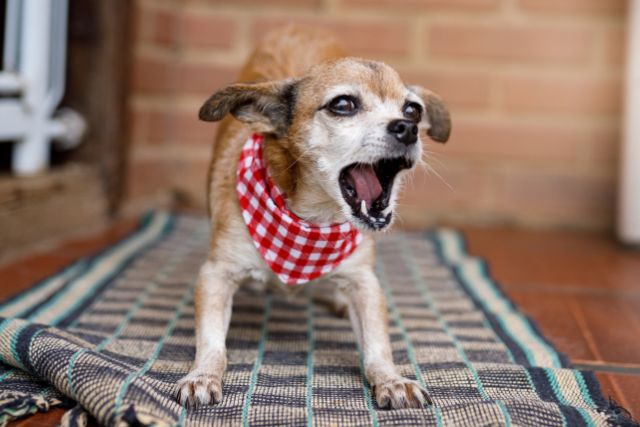

Ensure Safety and Provide First Aid
Check the victim for injuries and provide first aid as needed. Simple actions like cleaning the wound with mild soap and water can prevent infection. For more serious injuries, seek medical attention immediately.
Secure Your Dog Away From Further Incidents
Prevent further harm by securing your dog in a separate room or a kennel. This is crucial not only for the safety of others but also to help calm your pet and prevent additional stress-induced reactions.
Exchange Information and Communicate Effectively
Exchange contact information with the victim and any witnesses. Clear communication may help manage the situation more amicably and efficiently, which is beneficial when legal or insurance issues are involved.
Reporting the Bite Incident
Reporting the bite to the proper authorities is a legal requirement in many places and a responsible step to take following a dog bite incident.
When and How to Report to Local Authorities
Contact your local council or animal control agency to report the incident. This will typically involve providing details about your dog, the incident, and any measures you’ve taken in response.
Documenting the Incident for Legal and Insurance Purposes
Document everything related to the bite: take photos of the injuries, the location where the bite occurred, and any relevant conditions leading to the incident.
Keep a record of medical visits and communications with the victim and authorities.
Understanding Legal Liability in Australia
As a dog owner, you’re legally responsible for your pet’s actions. The legal framework in Australia can be complex, depending on the severity of the incident and local laws.
Overview of Dog Owner’s Liability
In most Australian states, dog owners are liable for damages if their dog bites someone, regardless of the dog’s past behaviour. This includes medical expenses, lost wages, and other related costs.
State-Specific Laws and Regulations
Each state has its regulations regarding dog bites.
For example, in New South Wales, the Companion Animals Act 1998 outlines specific duties for dog owners, including the requirement to register and microchip their pets.
Potential Legal Consequences for Dog Owners
Legal consequences can include fines, mandatory dog training courses, or, in extreme cases, euthanasia of the dog. Understanding your state’s laws is essential to navigating this difficult situation.
Medical Attention and Victim Support
Immediate and appropriate medical treatment is paramount after a dog bite to prevent infections and other complications.
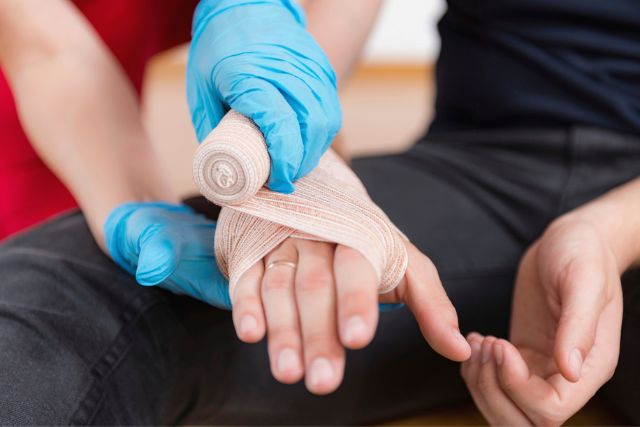

Seeking Medical Care: Steps and Recommendations
Encourage the bite victim to seek medical advice, even for a minor bite, as infections can occur. Medical professionals can assess the wound and administer treatments such as tetanus shots or antibiotics.
Support Services for Victims of Dog Bites
Provide information about support services available to victims, such as counselling or victim support groups, which can help them cope with the emotional aftermath of the incident.
Preventive Measures to Avoid Future Incidents
Taking steps to prevent future incidents is crucial for the well-being of your dog and the safety of your community.
Training and Socialization Techniques for Dogs
Engage your dog in regular training sessions to improve obedience and manage aggressive tendencies. Socializing your dog from a young age can also reduce fear and anxiety in various situations.
Understanding and Managing Aggressive Dog Behavior
Learn to recognize the signs of aggression in dogs, such as growling or stiff body language, and consult a professional if your dog exhibits these behaviours regularly.
Environmental and Situational Awareness
Be aware of your dog’s environment and manage its interactions carefully. Avoid situations that may trigger aggressive behaviour in your dog, like crowded places or encounters with unfamiliar animals.
Handling Insurance Claims Related to Dog Bites
Handling insurance claims effectively is key after a dog bite incident. This section guides you through dealing with your insurance company.
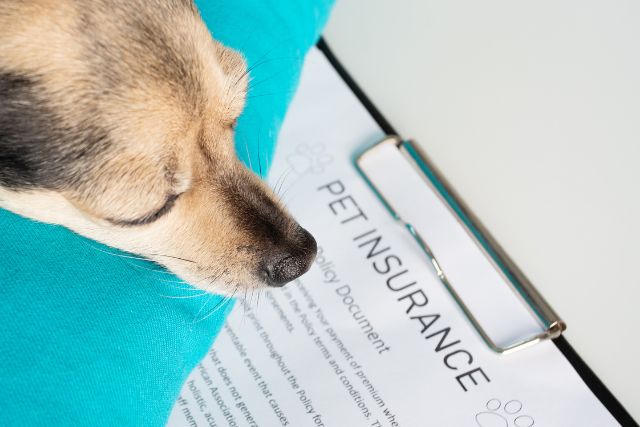

Navigating the Claims Process
Inform your insurer about the incident as soon as possible. Provide all necessary documentation and follow their guidelines to file a claim, ensuring all details are accurate to avoid delays.
What to Expect From Your Insurer
Insurers typically cover dog bite liabilities under homeowner’s insurance. Understand your policy’s specifics, as coverage can vary, especially concerning incidents off your property.
Seeking Professional Help
Dealing with the aftermath of a dog bite may require professional legal and behavioural expertise.
Finding the Right Lawyer for Dog Bite Cases
Choose a lawyer who specializes in personal injury or animal law. They can offer crucial advice on your liabilities and guide you through the legal process if necessary.
Consulting Behavioral Experts for Your Dog
If your dog has shown aggressive behaviour, consulting a behavioral expert can be beneficial. They can provide strategies and training programs to address and modify your dog’s behaviour.
Responsibilities of Dog Owners Post-Incident
After a dog bite incident, fulfilling your responsibilities as a dog owner is vital for legal compliance and community safety.

Legal Requirements Following a Dog Bite
Meet all legal obligations such as reporting the incident to local authorities and complying with any orders regarding your dog’s management.
Moral and Ethical Considerations for Dog Owners
Consider the moral implications of your dog’s behaviour. Ensuring your dog does not pose a danger to others is a key responsibility that reflects on your care and respect for your community.
Resources and Support for Dog Owners
Access to the right resources can help you manage your dog more effectively and prevent future incidents.
Educational Resources and Local Workshops
Look for local workshops on dog behaviour and training. Educational resources can also be found online or through local veterinary offices.
Community Support Groups for Responsible Dog Ownership
Joining community support groups can provide you with tips and support from fellow dog owners, helping you raise a well-behaved pet.
Summary
This guide aims to provide comprehensive information to help you manage a difficult situation responsibly and legally if your dog bites someone.
Remember, prevention is key, and understanding your responsibilities as a dog owner can significantly reduce the risks associated with dog ownership.

